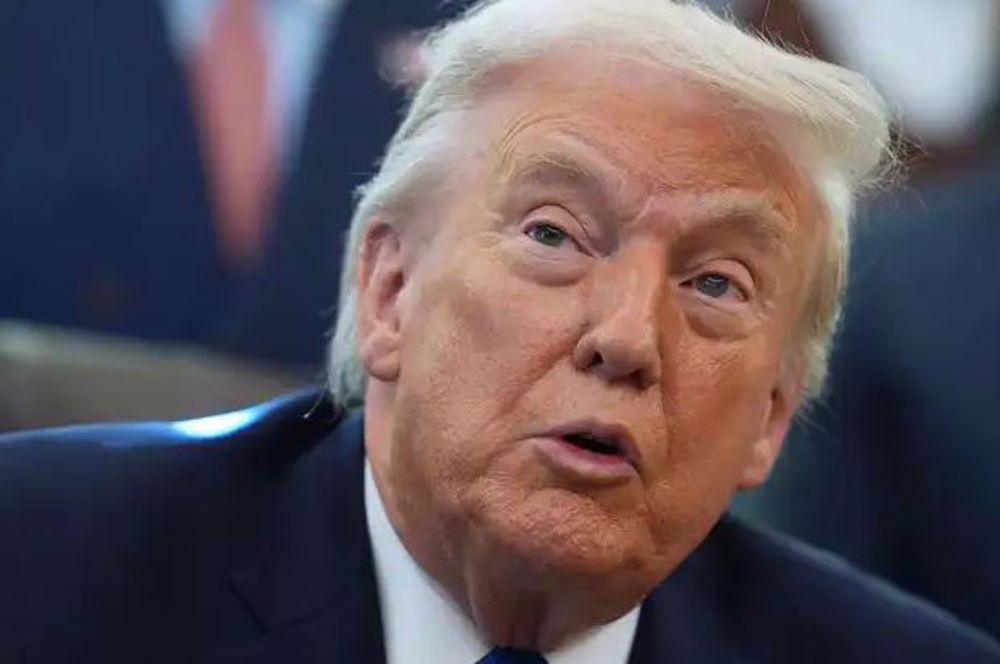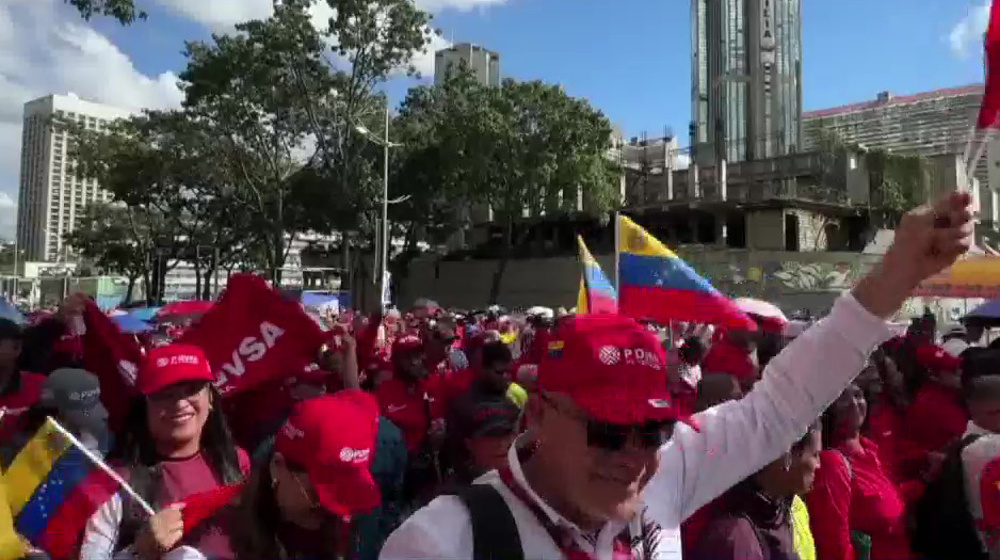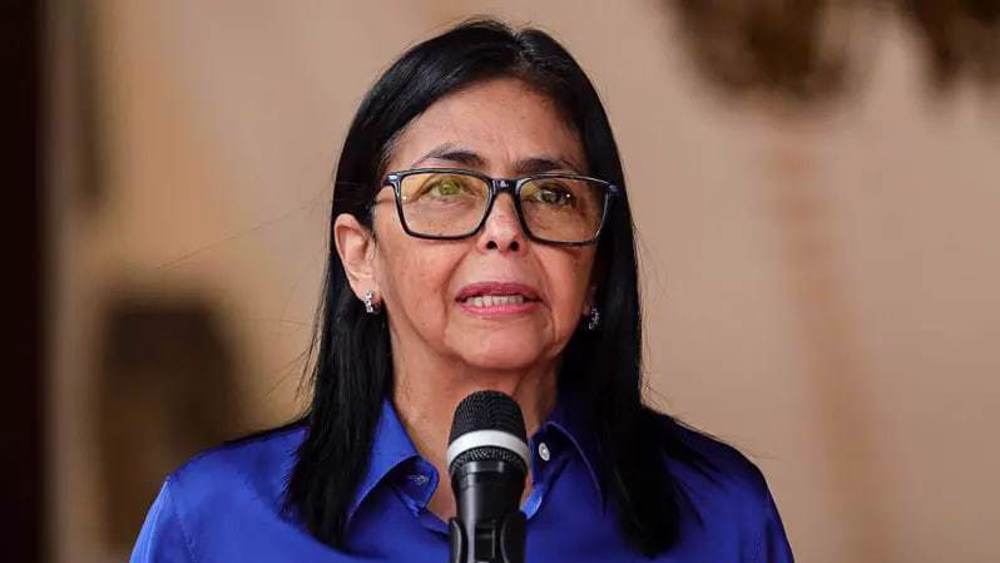Venezuela wins seat on UN Human Rights Council; Caracas hails it as ‘victory’
Venezuela has won a seat on the United Nations Human Rights Council (UNHRC) despite fierce attacks from US-allied Latin American countries opposed to President Nicolas Maduro’s government.
Caracas, however, hailed its “victory” on Thursday and celebrated an “important achievement” after the crisis-hit country received the nod in a vote by the UN General Assembly to elect 14 new members for the 47-member body based in Geneva.
Venezuela would “celebrate a new victory for Bolivarian peace diplomacy,” said the country’s Foreign Minister Jorge Arreaza.
Attorney General Tarek William Saab also praised it as an “important achievement” as he announced the news of releasing of 24 detained opposition figures.
The UNHRC works to promote and protect human rights around the globe. Its members are elected for staggered three-year terms on a regional group basis.
Of the two seats allotted for Latin America, Brazil won one with 153 votes and Venezuela secured the other one after garnering 105. Costa Rica, which had jumped into the running with the specific goal of denying Venezuela the second seat earlier this month, only managed to gain 96 votes.
The oil-rich Venezuela plunged into unprecedented political turmoil in January, when opposition figure Juan Guaido declared himself “interim president” of the country, rejecting the outcome of the May 2018 election, which Maduro won.
The highly controversial move received immediate recognition from Washington and soon after from a number of its allies.
The US-backed opposition accuses Maduro of “usurping power” and wants him to step down. Caracas rejects the allegation.
The White House, which has imposed several rounds of harsh sanctions against Caracas amid an economic crisis, has been pressuring for a transition in part by establishing a representative office called Washington’s Venezuela Affairs Unit (VAU) based in Colombia to keep in touch with Guaido.
The Latin American country has been beset by political turbulence, with the opposition resorting to inordinate measures and violence in an attempt to unseat the Maduro government, which nevertheless continues to stand.
The administration of President Donald Trump has confiscated Venezuela’s state oil assets based in the US and has been channeling them to Guaido.
Furthermore, Washington, in unison with some anti-Maduro state leaders in the Latin American region, has gone as far as to say that it backs a military intervention to oust the 56-year-old elected president.
In response, Venezuela has launched extended military drills along its border with Colombia in an effort to prepare for any foreign invasion.
Venezuelans are suffering from a lack of basic necessities as a consequence of the US sanctions. According to United Nations statistics, a quarter of Venezuela’s 30-million-strong population is in need of humanitarian aid.
Iraq executes ex-Saddam official over 1980 killing of Shia cleric Baqir al-Sadr
Iran could dilute 60% enriched uranium if ‘all sanctions lifted’: Nuclear chief
FBI chief vows to ‘hunt down’ those who kill American citizens – except Israel
VIDEO | Exclusive: Armed Forces spokesman says Iran will never give in to US pressure amid talks
Iran‑US talks ‘good opportunity’ to resolve nuclear issue: President Pezeshkian
Iran seeks result-oriented talks, progress depends on US seriousness: Araghchi
VIDEO | Efforts to stabilize Gaza Strip hitting diplomatic wall
Decades of broken promises, aggression, Israeli pressure leave Iran no reason to trust US: Analyst














 This makes it easy to access the Press TV website
This makes it easy to access the Press TV website